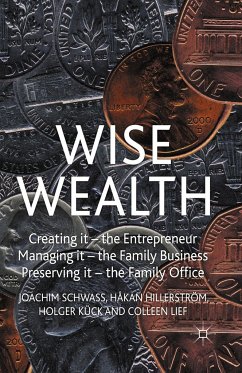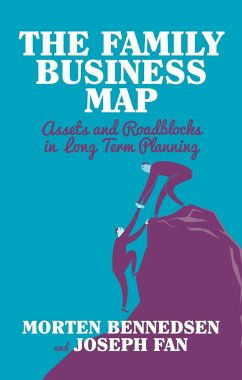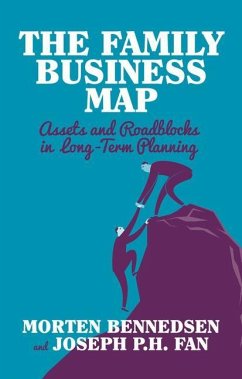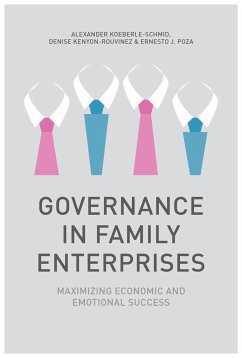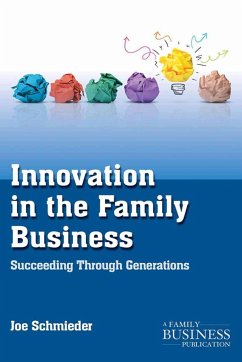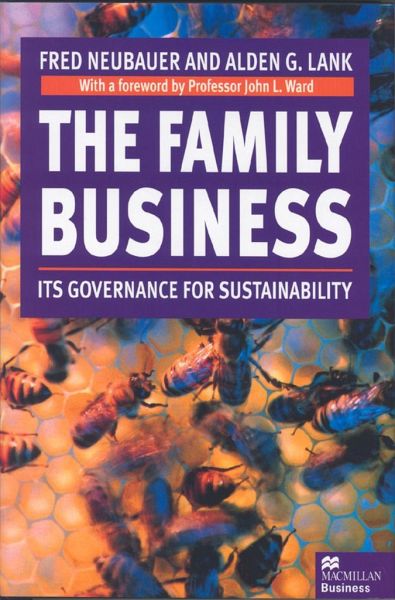
The Family Business
Its Governance for Sustainability
Versandkostenfrei!
Versandfertig in 6-10 Tagen
38,99 €
inkl. MwSt.
Weitere Ausgaben:

PAYBACK Punkte
19 °P sammeln!
The family business has a far reaching influence on economies throughout the world. No other type of business has driven economic development in the same way and today, in almost all countries, family businesses including such giants as Ford, Levi Strauss, L'Oréal and Ferrero are the source of more than half of the Gross National Product (GNP) and employment. As a result of their prominence the question of how they are governed, controlled and accounted for is crucial not only for the owning families, but also for the societies in which these companies operate. The Family Business considers: ...
The family business has a far reaching influence on economies throughout the world. No other type of business has driven economic development in the same way and today, in almost all countries, family businesses including such giants as Ford, Levi Strauss, L'Oréal and Ferrero are the source of more than half of the Gross National Product (GNP) and employment. As a result of their prominence the question of how they are governed, controlled and accounted for is crucial not only for the owning families, but also for the societies in which these companies operate. The Family Business considers: · How to define a family-controlled business and the significance of this form of privately-held enterprise. · Governance systems in the context of the family business. · How a board of outsiders can add value to the typical family business. · How to handle the classical tensions between family and board and between family and management on the other. · How to gain effective and efficient control at the highest level. The answer to these questions and others is given by providing a large number of examples of internationally active family businesses and from the authors teaching and research into this area. Sustainability is the key concern to the family business and this book breaks new ground in showing how they can successfully live on to the next generation.







